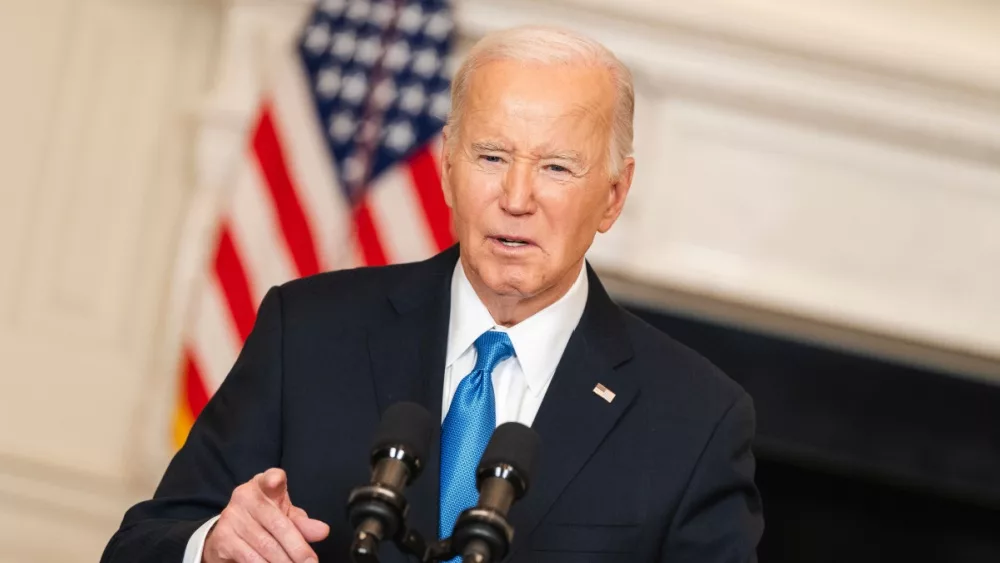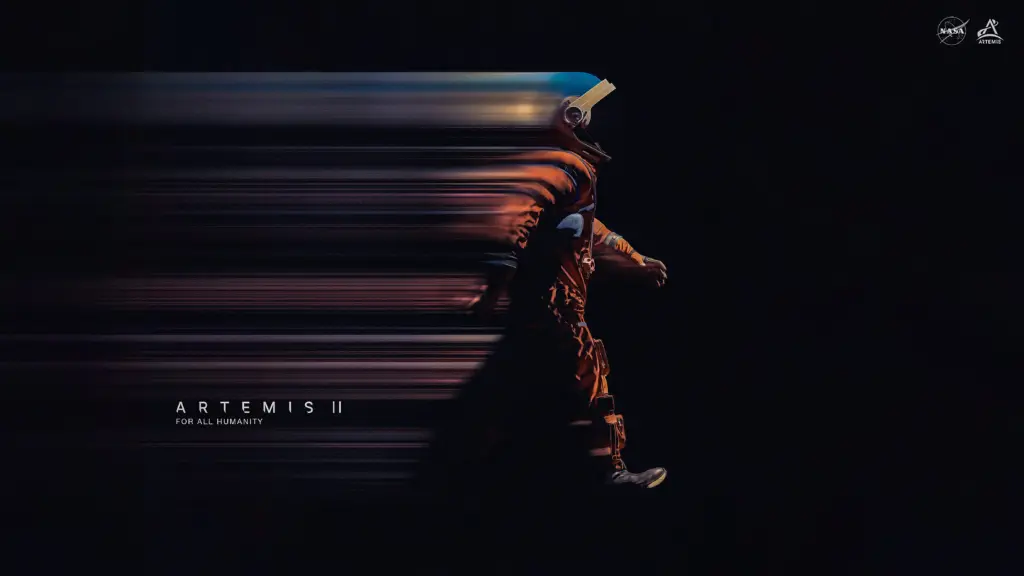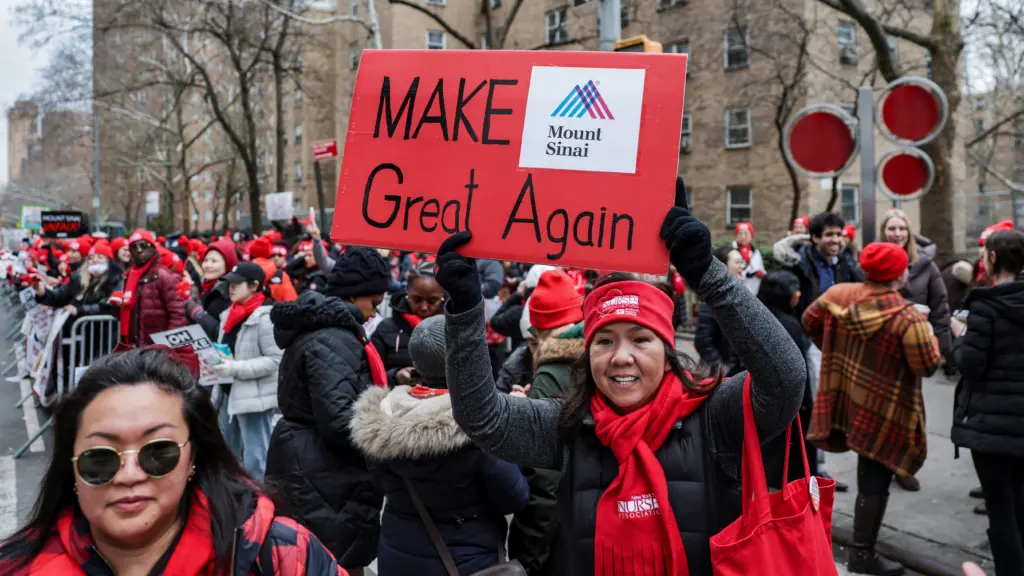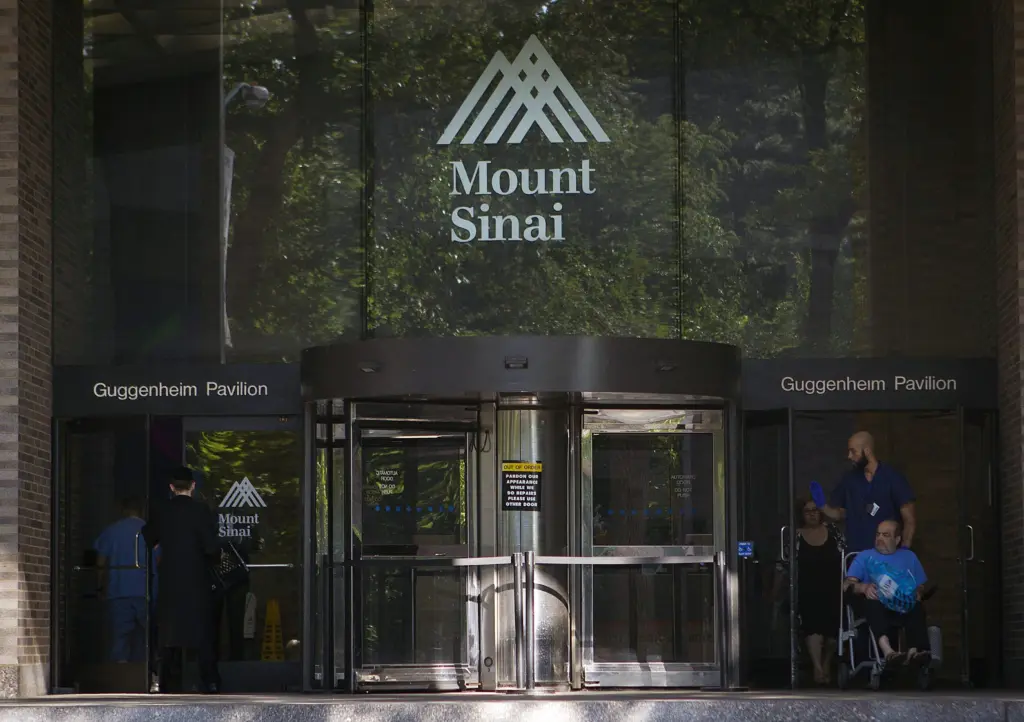
shutterstock_243357986750852
On Thursday, President Joe Biden commuted the sentences of nearly 1,500 individuals placed on home confinement, and pardoned 39 others convicted of non-violent crimes, with the White House stating that the moves represented the “largest single-day grant of clemency in modern history.”
Biden said in a statement: “America was built on the promise of possibility and second chances. As president, I have the great privilege of extending mercy to people who have demonstrated remorse and rehabilitation, restoring opportunity for Americans to participate in daily life and contribute to their communities, and taking steps to remove sentencing disparities for non-violent offenders, especially those convicted of drug offenses.” Biden ended his statement by promising that he “will take more steps in the weeks ahead. My administration will continue reviewing clemency petitions to advance equal justice under the law, promote public safety, support rehabilitation and re-entry and provide meaningful second chances.”
Biden said that the 1,500 people whose sentences were commuted were have served sentences at home for at least one year under the CARES Act, passed during the COVID-19 pandemic, and have “successfully reintegrated into their families and communities.” The 39 individuals pardoned were convicted of non-violent crimes and “have shown successful rehabilitation and have shown commitment to making their communities stronger and safer.”
The White House said Biden is the first president to issue “categorical pardons” for the people convicted of the use and possession of marijuana and to former LGBTQI+ service members convicted because of their sexual orientation. The White House statement said: “The President has issued more sentence commutations at this point in his presidency than any of his recent predecessors at the same point in their first terms. As the president has said, the United States is a nation of second chances. The president recognizes how the clemency power can advance equal justice under law and remedy harms caused by practices of the past.”
Editorial credit: Jonah Elkowitz / Shutterstock.com














